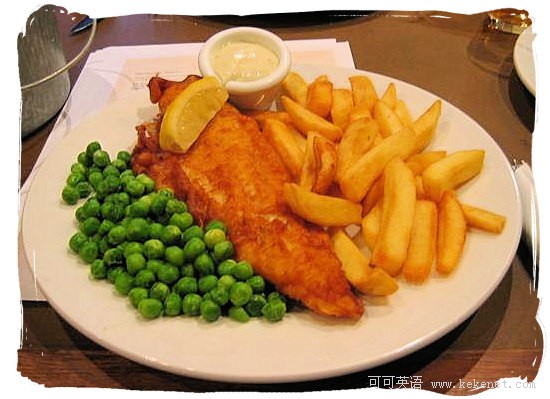
Fish
Fish is a very logical choice for the New Year's table. According to Mark Kurlansky, author of Cod: A Biography of the Fish that Changed the World, cod has been a popular feast food since the Middle Ages. He compares it to turkey on Thanksgiving. The reason? Long before refrigeration and modern transportation, cod could be preserved and transported allowing it to reach the Mediterranean and even as far as North Africa and the Caribbean. Kurlansky also believes the Catholic Church's policy against red meat consumption on religious holidays helped make cod, as well as other fish, commonplace at feasts. The Danish eat boiled cod, while in Italy, baccalà, or dried salt cod, is enjoyed from Christmas through New Year's. Herring, another frequently preserved fish, is consumed at midnight in Poland and Germany—Germans also enjoy carp and have been known to place a few fish scales in their wallets for good luck. The Swedish New Year feast is usually a smorgasbord with a variety of fish dishes such as seafood salad. In Japan, herring roe is consumed for fertility, shrimp for long life, and dried sardines for a good harvest (sardines were once used to fertilize rice fields).
魚,是新年餐桌上理性選擇。根據(jù)《鱈魚:一種改變世界的魚的自傳》作者馬克·克蘭斯基的說法,鱈魚自中世紀(jì)起就是一種廣受歡迎的節(jié)日食品。他認(rèn)為鱈魚相當(dāng)于感恩節(jié)吃的火雞。什么原因呢?在現(xiàn)代制冷技術(shù)和運(yùn)輸手段發(fā)明以前,鱈魚能夠長(zhǎng)時(shí)間不壞,并運(yùn)送到地中海、甚至是南非、加勒比地區(qū)。克蘭斯基同時(shí)還相信天主教堂反對(duì)在宗教節(jié)日期間吃紅肉的條例幫助了鱈魚和其他魚類在節(jié)慶中的發(fā)展。丹麥人吃煮的鱈魚;在意大利,人們?cè)谑フQ節(jié)和新年吃鹽漬的干鱈魚;波蘭人和德國(guó)人在新年晚上吃另一種常見的魚類,鯡魚;德國(guó)人同時(shí)還喜歡螃蟹,并且相信在口袋里裝一些魚鱗會(huì)帶來好運(yùn)。


















